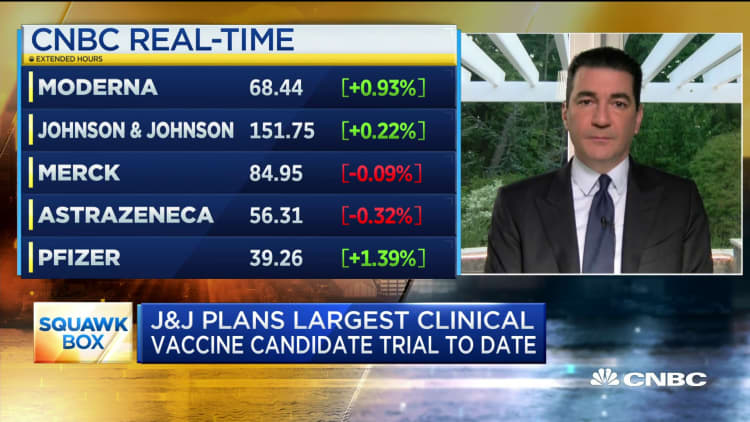The U.S. reported more than 44,000 new cases of the coronavirus on Thursday, marking an 11% drop in the seven-day average of daily new cases compared with last week. CDC Director Dr. Robert Redfield said Thursday that cases will continue to fall as communities continue to practice public health guidelines to bring the virus under control. Across the country, though, universities and colleges are struggling to keep the coronavirus off campuses and are largely attributing outbreaks to students who aren't complying with public health requirements.
Here are some of the top developments Friday:
The following data was compiled by Johns Hopkins University:
- Global cases: More than 22.80 million
- Global deaths: At least 796,000
- U.S. cases: More than 5.61 million
- U.S. deaths: At least 175,200


